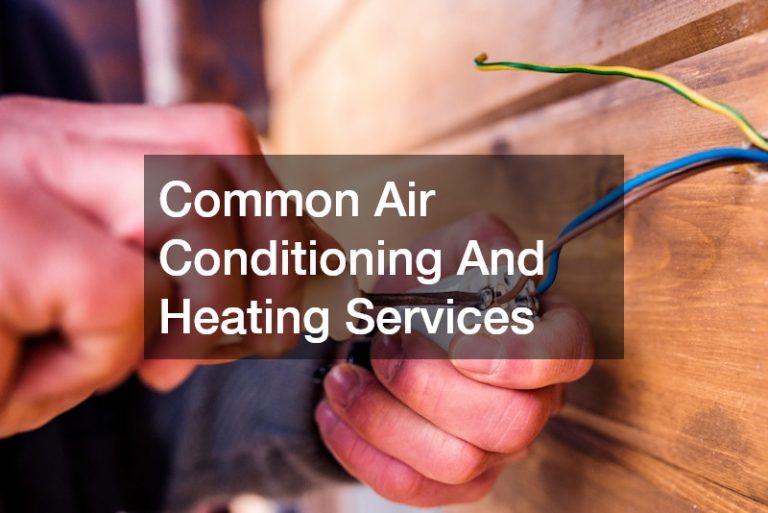

During the summertime when it gets especially hot and humid, homeowners tend to dread having to call their local air conditioning repair company. Problems with residential air conditioning units can be costly to fix if they’re serious, but regular maintenance and simple fixes along the way can prevent major breakdowns later. Additionally, some problems can be solved at home with a little bit of troubleshooting.
Before you call for local AC repair, try these three troubleshooting steps to determine the kinds of problems your home is having.
If your air conditioning won’t turn on…
Then you may need to check first to make sure you don’t have a fuse or circuit breaker that blew. This is possible if there was a recent electrical storm or a power surge in your house. Next, make sure that your thermostat is set to “Cool” and not “off” or “Heat.” Some thermostats will have a setting that allows you to turn the fan on rather than waiting for the air to come out on an automatic setting. You may also need to go outside and make sure that there’s nothing wrong with the AC unit itself.
If the air isn’t flowing properly from the vents…
Then you might have a problem with the ductwork in your home rather than the air conditioning unit itself. Your local AC repair company may need to provide duct repair or cleaning in case there is anything obstructing the flow of air. You may also need a new air filter if the air coming through has an odor to it.
If the air in the home stays too humid…
Then you could have the wrong system installed in your home. When air conditioners are the wrong size for a home, they may not work properly, causing them to not properly cool a home. If you’re seeing condensation on the windows or pipes in your home, then it could be an indication of a faulty system. However, if your home has too much hot air in it already, then it may be a sign that the system can’t work properly. Ensure that all of your windows are closed and locked tight. In a basement or other high humidity area of the home, you may need a dehumidifier to remove the moisture from the air.
If you still have questions about your air conditioning system, make sure to talk to a local AC repair service. You can leave a comment below if you need more information or if you have any suggestions on D.I.Y. care for AC units.





